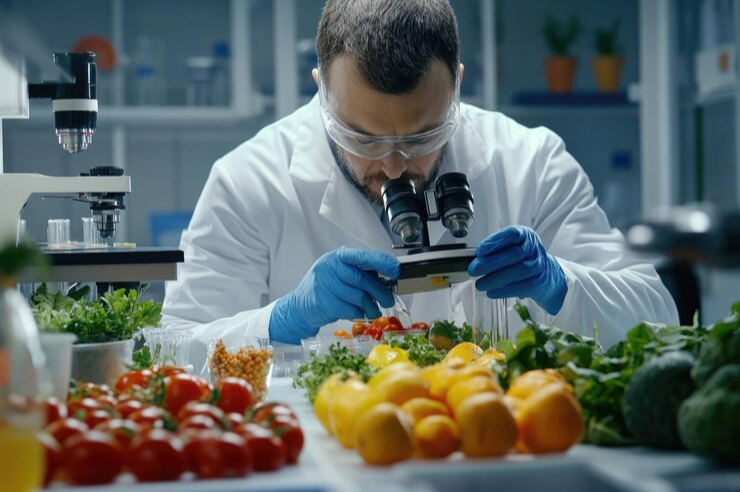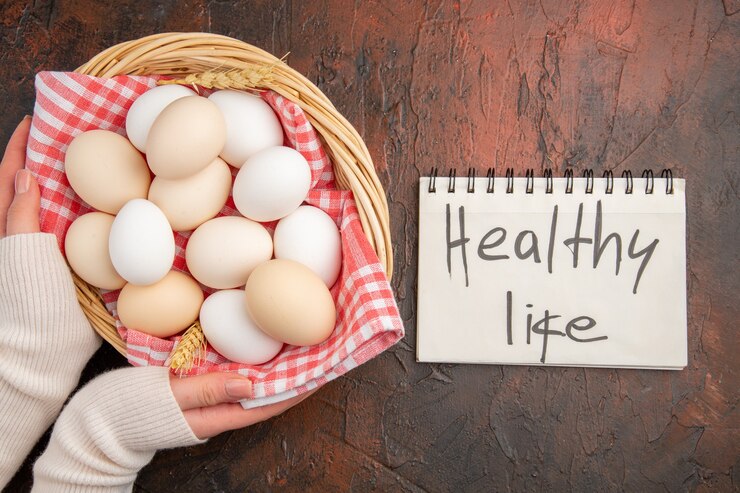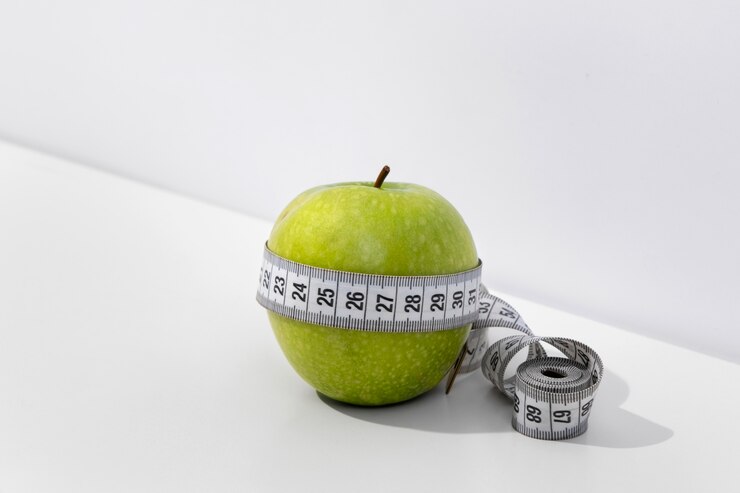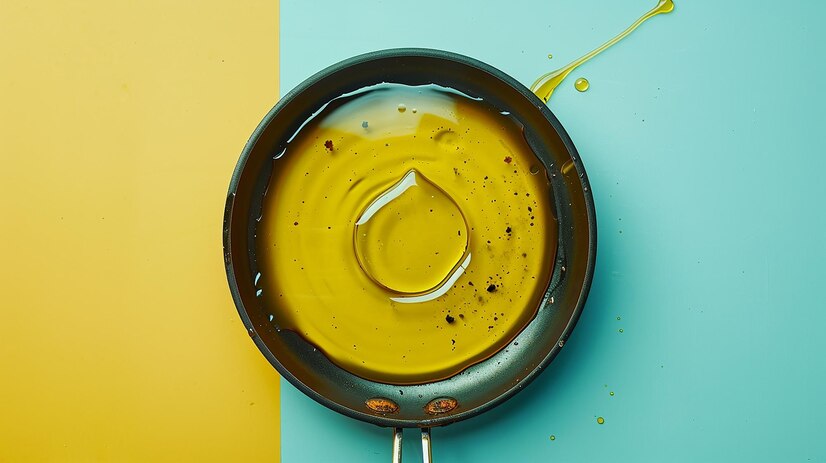Food preservation has come a long way from traditional methods like salting, drying, and canning to modern refrigeration techniques that allow food to last longer. However, in today’s world, the challenge of reducing food waste and ensuring that food stays fresh for longer periods remains a significant issue. This is where biotechnology steps in. As we face global challenges like climate change, population growth, and food security, biotechnology promises to be the answer to revolutionizing food preservation, ensuring longer shelf lives, and making food safer to consume. This blog will explore how biotechnology is transforming the future of food preservation and the role it plays in creating a more sustainable food system.

Traditional Food Preservation Methods and Their Limitations
Traditionally, food preservation relied on physical methods such as freezing, refrigeration, drying, and salting. These techniques have been used for centuries to keep food from spoiling and to reduce waste. However, despite their effectiveness, these methods come with their limitations.
- Freezing and Refrigeration: These methods are effective but are energy-intensive and can lead to texture and nutrient loss in certain foods.
- Canning: While it extends the shelf life of many foods, the process often requires preservatives or chemicals to maintain flavor and texture.
- Salting and Drying: These methods can drastically alter the taste and texture of the food, which may not be desirable for all products.
These methods, while still in use, have become insufficient for the growing global demand for food that is both sustainable and long-lasting. This is where biotechnology comes into play, offering cutting-edge solutions to address these limitations.
How Biotechnology is Revolutionizing Food Preservation
Biotechnology is taking food preservation to the next level, bringing forth innovative methods that promise not only to extend shelf life but also to improve the quality and nutritional value of food. Let’s look at some groundbreaking ways biotechnology is changing the preservation game:
Genetic Modification for Better Shelf Life
One of the most significant contributions of biotechnology to food preservation is genetic modification. By altering the DNA of certain crops, scientists can enhance their resistance to diseases and extend their shelf life. For example, genetically modified tomatoes have been developed to resist bruising, which helps reduce waste during shipping and storage. Similarly, genetically engineered potatoes have been created to resist browning, improving their shelf life and appearance.
Fermentation and Enzyme Technology
Fermentation has been used for centuries to preserve foods like cheese, yogurt, and pickles. However, biotechnology has taken fermentation a step further by using advanced microbial cultures to preserve food without the need for harmful chemicals. By utilizing specific enzymes or microorganisms, biotechnology can help produce natural preservatives that are healthier and more environmentally friendly.
Biodegradable Packaging
Another exciting area where biotechnology is making strides is in packaging. Biotech-derived materials are being used to create biodegradable and edible packaging options. For example, scientists have developed edible packaging made from seaweed and other plant-based materials. These packaging materials are biodegradable and can be consumed along with the food, reducing waste and improving sustainability.
The Science Behind Biotechnology’s Impact on Food Preservation
At the heart of biotechnology in food preservation is a deep understanding of biology and chemistry. The use of enzymes, bacteria, and genetic modification has opened up new possibilities in how food is preserved.
Enzymes: Enzymes can be engineered to stop food from ripening or spoiling. For example, the use of anti-browning enzymes in apples and potatoes helps maintain their appearance and texture for longer periods.
Microbial Cultures: Special strains of bacteria or fungi are used to ferment food, creating an environment where harmful microorganisms cannot thrive, thus extending the shelf life without the need for chemicals.
Gene Editing: CRISPR, a revolutionary gene-editing technology, allows scientists to modify the genetic code of plants and animals, creating food with longer shelf life, improved nutritional content, and better resistance to environmental stressors.
Sustainable Food Preservation: Environmental and Health Benefits
One of the greatest advantages of biotechnology in food preservation is its potential for sustainability. As the world grapples with environmental challenges such as climate change and food waste, biotechnology offers solutions that reduce reliance on chemical preservatives and minimize the ecological footprint of food production.
Reducing Food Waste: By extending the shelf life of perishable foods, biotechnology helps reduce the amount of food that gets thrown away due to spoilage.
Health Benefits: Unlike chemical preservatives, many biotech-derived preservatives are natural and less likely to cause adverse health effects. This not only benefits consumers but also promotes a healthier food system overall.
Environmental Impact: By reducing the need for energy-intensive refrigeration and packaging, biotechnology helps lower carbon footprints, making food preservation more eco-friendly.
Biotechnology in the Future of Food Preservation: What’s Next?
The future of biotechnology in food preservation holds immense promise. Researchers are constantly exploring new ways to use biotech for better food security and sustainability. Some potential advancements include:
Smart Packaging: Imagine packaging that changes color when food is about to spoil, alerting consumers that the food is no longer safe to eat. This could revolutionize food safety and waste reduction.
Lab-Grown Meat: With biotechnology, we are now able to create lab-grown meat, which can last longer than traditional meat and be produced more sustainably, reducing the need for large-scale livestock farming.
Precision Fermentation: Precision fermentation could make food production more sustainable by producing high-quality proteins without the need for animal farming.
Conclusion: A More Sustainable and Efficient Future for Food Preservation
In conclusion, biotechnology is playing a pivotal role in reshaping the future of food preservation. From extending shelf life to creating healthier, more sustainable food options, the innovations in this field are improving both the quality of our food and the health of our planet. As the food industry continues to evolve, biotechnology will remain at the forefront of this transformation, offering solutions to food waste, safety, and sustainability that were once unimaginable.
Feel free to contact us to find out more about us and our services, explore who we are, or discuss advertising opportunities. Don’t overlook subscribing to our magazine for monthly updates, exclusive insights, and more exciting content!




